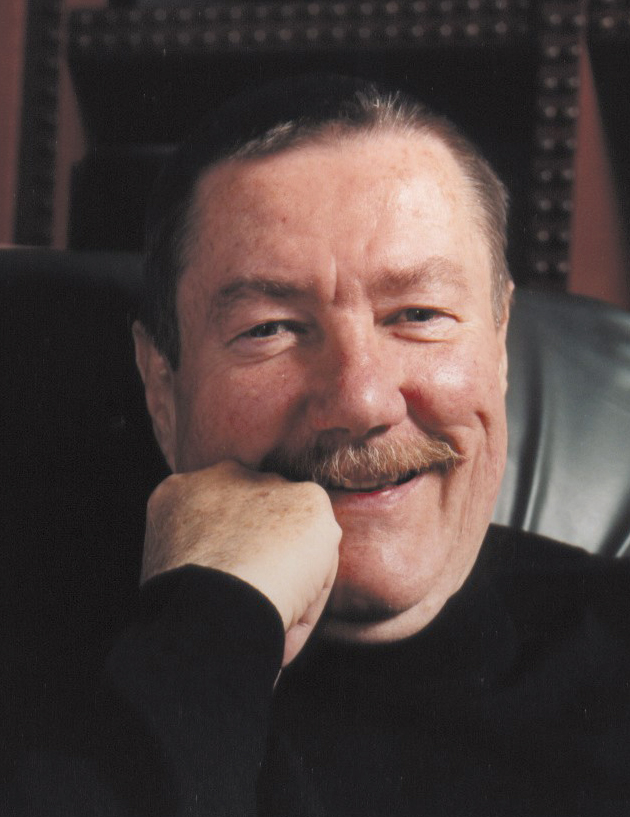Robert Parker is not the sort of writer I would typically think to memorialize here. In spite of his invocation of the 16th century poet for the name of his iconic character Spenser, there was not a lot that Spenser had to do with poetry. Parker’s prose has none of the ear for spoken English that one associates, say, with Elmore Leonard at his best (i.e., the Detroit period), nor for the pure pleasures of syntax that one recognizes in Stephen King. In making his surname-only primary character a tough guy with feelings, complete with a therapist girlfriend & a penchant for fine cooking, Parker demonstrates that he understands his audience as a market & understands it fairly well. Spenser's sidekick Hawk is an Enkiddu surrogate right out of Queequeg by way of Tonto & is interesting mostly as a stepping stone toward the more violent & psychotic Mouse created by Walter Mosley to accompany Easy Rawlins.¹
Still, I went through my Robert Parker period like a lot of other readers, one that may have gone on a lot longer than it otherwise might have because I read Parker’s best book, Looking for Rachel Wallace, fairly early on. It took me a dozen novels at least to realize that I wasn’t going to find another. Rachel Wallace is a lesbian feminist who needs protection but isn’t thrilled to get it from the testosterone-poisoned Spenser. She fires him only to need rescuing anyway, which he does in his usual way of wading into the dark parts of the story just to stir things up so he can begin to chase whatever squirms out into the light of day. There is a self-conscious clumsiness at the heart of Spenser’s method, the antithesis of the detective who solves crimes through subtle analysis. Wallace is constantly challenging Spenser on his brutish methods & he responds with the trademark wisecracks, but in the process Parker creates a novel that is a wonderful interrogation of the presumptions underpinning the crime story genre, and that literally asks all the questions. In the patented Spenser style that was already largely set when the novel came out in 1980, Rachel Wallace describes 18 meals in its 31 chapters, starting with lobster, ending with red beans & rice, and rescues the damsel via an act of violence. Parker clearly sides with his genre, while giving readers a vision of the much larger picture. If you haven’t read it, you owe it to yourself to do so.
¹ When they brought Spenser to TV in 1985, the producers tried to soften Hawk just by having the regal Avery Brooks play the role. Like the late Robert Urich, who portrayed Spenser, the opera-singing Brooks never quite fit his role.






